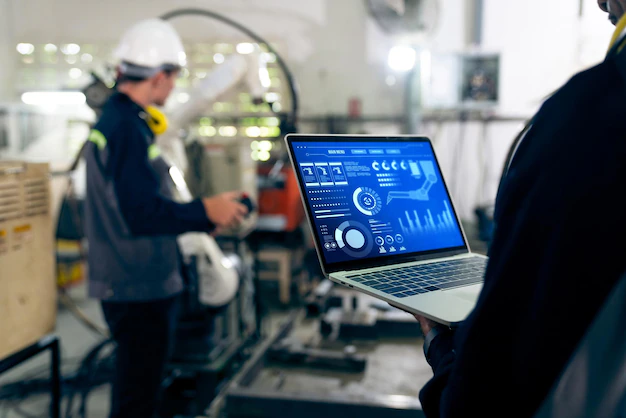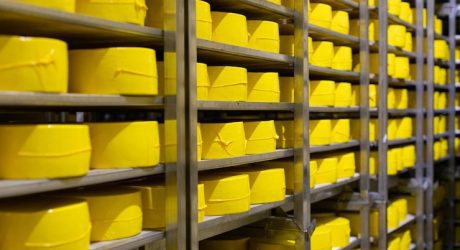Did you know that the global manufacturing sector is expected to reach a value of $19.9 trillion by this year?
With the continuous advancements in technology, manufacturing has become a competitive industry. To stay ahead of the competition, manufacturers are looking for ways to improve their processes and tools.
One of the key areas that has seen significant developments in recent years is advanced manufacturing tooling. These tools play a crucial role in enabling high precision and efficient production.
Let’s take a look at some of the top manufacturing tool technology trends.
Automation
Automation has revolutionized the manufacturing industry, and it’s no different for advanced tooling. With automation, tasks that were once done manually can now be performed with minimal human intervention. This not only reduces production time but also improves accuracy and consistency.
In addition, robotics technology has made it possible to perform complex tasks. This trend will continue as manufacturers embrace the use of machine learning in their processes.
Additive Manufacturing
This process involves creating a three-dimensional object by adding layers of material on top of each other. It offers numerous benefits such as:
- Reduced material waste
- Faster production time
- Ability to create complex designs
Additive manufacturing is often used for prototyping. It has also been making its way into final production in various industries.
Augmented (AR) and Virtual Reality (VR)
AR and VR are two technologies that have been making a significant impact in the industry. In advanced tooling, they’re used for training purposes. This allows workers to practice using equipment and tools in a simulated environment.
This not only improves efficiency but also reduces the risk of accidents or mistakes. AR and VR are also being used for remote maintenance. Technicians can use these technologies to troubleshoot issues.
Cutting-Edge Materials
The materials used in advanced tooling play a crucial role in the quality of the end product. As technology advances, new materials with improved properties are being developed.
For example, the use of composites in tooling has increased in recent years. This is due to their high strength and lightweight properties.
Similarly, there has been an increase in the use of ceramics and advanced alloys. This is due to their durability and resistance to wear.
Machinery Movers
Another innovation in modern manufacturing tooling is the development of machinery movers. These devices move heavy equipment and machinery with ease. This makes it easier for manufacturers to rearrange and move their production lines.
Machinery movers come in various sizes and capacities. This allows for versatility in different types of manufacturing environments.
They can also be customized to fit specific needs. This makes them a valuable tool in increasing efficiency and reducing downtime.
Staying Ahead Of The Curve In Manufacturing Tooling
The constant advancements and innovations in advanced manufacturing tooling are revolutionizing the industry. Manufacturers who embrace these new technologies will stay competitive. They will also see improved efficiency and quality of their products.
It is important for manufacturers to stay updated and embrace these innovations to thrive in this ever-evolving industry. Keep an eye out for these trends and be ready to adapt.
Did you find this blog post helpful? If so, check out our articles on a range of topics to keep you informed.
Read Also:




























